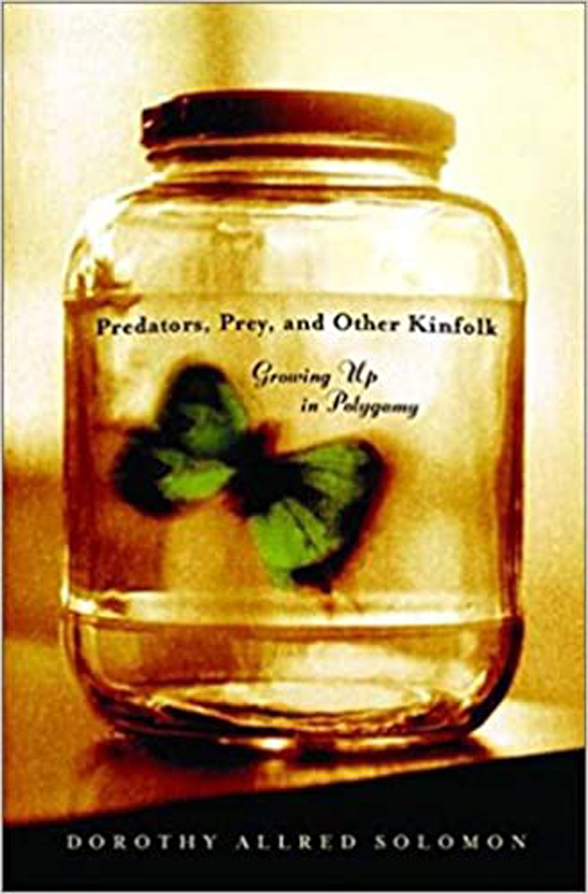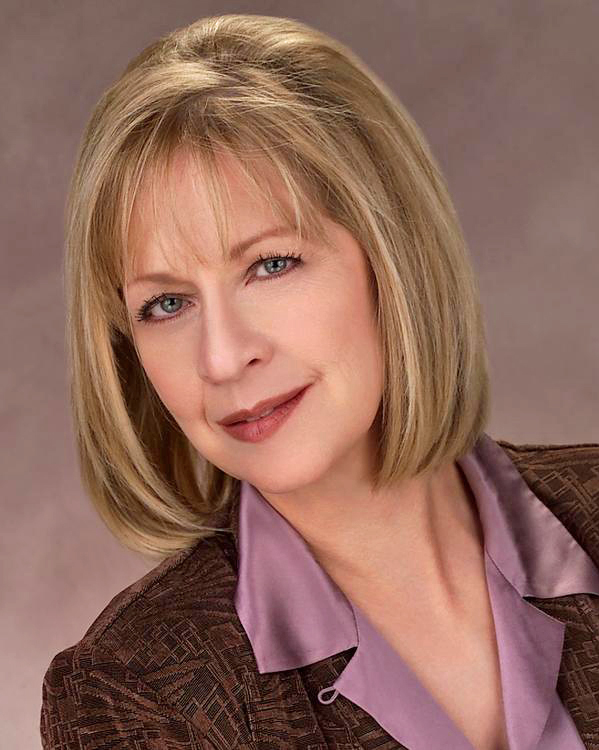Predators, Prey, and Other Kinfolk: Growing Up in Polygamy

What the Critics Say
"Dorothy Solomon's harrowing family history and bracingly vivid, frequently poetic memoir, Predators, Prey, and Other Kinfolk: Growing Up in Polygamy (Norton) is a document of consistent fascination and intermittently astonishing power. To read this book is to shape-shift into premodern, larger-than-life beliefs and emotions—and also to relive their consequences, if only for a few moments."— Ben Dickinson, "Escape from Zion," Elle Magazine
"Solomon's work is far from the sometimes maddeningly prosaic crowd of memoirs by people recounting small triumphs and plain glories. As the 28th of 48 children born to a polygamist, Solomon tells her astonishing tale with so much emotional clarity and raw honesty that the Utah dirt she played in seems wedged between the pages." —Publisher's Weekly
"An unusual memoir from the daughter of Mormon fundamentalists who maintained the Principle of Plural Marriage long after the church officially abolished it. 'I am the only daughter of my father's fourth plural wife, twenty-eighth of forty-eight children—a middle kid, you might say, with the middle kid's propensity for identity crisis.', writes Solomon. Polygamy was illegal, of course; in 1945, four years before the author was born, her father stood trial and went to prison.... Throughout Solomon's childhood, the family was forced to scatter to various states and across the border into Mexico. Solomon writes of great loneliness; when the family was separated, months would go by without a visit from her father. And while the author's own full-siblings and mother survived, some of her half-siblings weren't so fortunate. Major and minor transgressions had to be denied; the family did everything possible to avoid contact with the authorities.... Solomon began questioning the fundamentalist doctrine as a teenager, eventually joining the mainstream Mormon church. She made a monogamous marriage to a Vietnam veteran with whom she had four children. She turned to writing as a way to understand her past, couching her narratives as fiction in order to protect her family. Just as she made peace with her charismatic father, a rival fundamentalist group murdered him in 1977....Intriguing domestic particulars of a little-known way of life." —Kirkus Reviews

